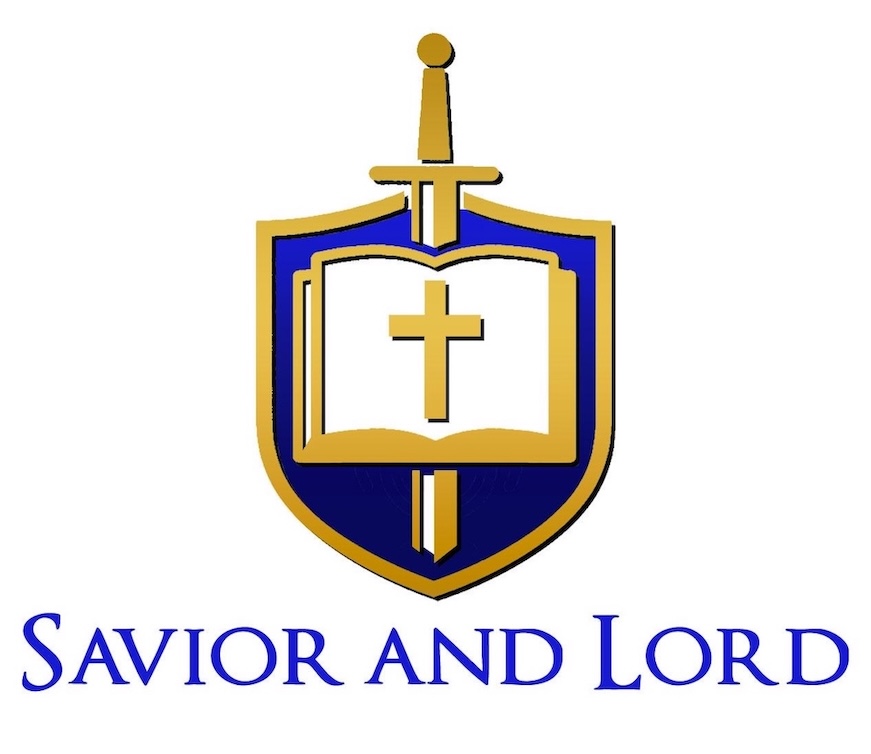Humanity has made tremendous advancements in technology. The advent of social media and artificial intelligence are among the most recent. Each of these has undergone extensive improvement in a short time frame. Almost everyone has adopted a social media presence of some kind. Practically everyone will experience the impact of artificial intelligence in the coming years if they have not already. In our digital age, technological progression is a consistent reality. Christians face the challenge of utilizing these tools effectively. We also need to recognize that there are potential pitfalls to look out for so that they would not detrimentally impact us.
We must examine each avenue of digital opportunity from a Christian perspective and determine how to align them with our faith. When we seek God’s will above ours, it will help us find creative ways to serve Him with each future solution these tools provide (Proverbs 3:5–6). It is essential to make sure that our pursuits remain as faultless as possible and to use our time wisely for the glory of God (Ephesians 5:16-18).
For example, the internet can be an avenue for evangelism (Mark 16:15), apologetics (1 Peter 3:15), organizing volunteer opportunities and missions (1 Corinthians 9:19-23), or finding platforms that help us better understand God’s Word (2 Timothy 3:16-17). First, however, we must acknowledge that the internet also presents distractions, dangers, and temptations that may lead believers astray (Isaiah 53:6).
With such a wide range of potential use cases, we must wield discretion and wisdom to figure out when a specific situation is favorable or when we need to exercise caution (James 1:5). Above all else, we must learn to distinguish between unreasonable activities and sensible options. Of course, many undertakings are not explicitly evil in and of themselves. Still, if those endeavors risk becoming an idol or do not give us a good return on the time we invest into them, it benefits us to get rid of them (1 Corinthians 6:9-10). Sometimes we have to say “no” to something good to say “yes” to something greater. (1 Corinthians 10:23-24).
Through social media, we can interact with a wide range of individuals, including family, friends, acquaintances, and even strangers. However, it may also detract from pursuing a smaller quantity of higher-quality relationships in person. We may neglect face-to-face interactions with individuals right before us when immersed in it. Furthermore, many of us have caught ourselves looking at our phones and examining these connections while ignoring the loved ones we surround ourselves with. Instead, we must give those in person our undivided attention and deliberately avoid scrolling away aimlessly. Using social media is not intrinsically wrong, but as with many things in life, we must exercise careful moderation to maintain control.
Artificial intelligence presents its share of ethical dilemmas. The advent of recent technology in this domain has led leaders to warn us about their concerns. Over 1,000 tech leaders and researchers, including Elon Musk, have signed an open letter that urges a temporary halt to the ongoing and sophisticated advancements in the realm of A.I. (“Elon Musk and Others Call for Pause on A.I., Citing ‘Profound Risks to Society'”).
We must pay attention when advancement in any sector supersedes our ability to implement safety protocols and regulations. For instance, in the case of A.I., publicly available chatbots such as ChatGPT broke records for sign-ups after their inception. If these are freely accessible online, we can only imagine the power of more capable systems that have yet to be revealed. It is only natural to surmise that there must be real threats if some of the forerunners in the field are sounding alarm bells.
Christians should not fear such developments, but that does not mean we should advocate for ignorance (Isaiah 41:10). We know God is sovereign and in complete control, but trusting God and pursuing logical solutions are not mutually exclusive. Therefore, we should pursue boundaries, answers, and even fair-use cases to guarantee such tools serve rather than hinder us (Matthew 10:16).
For example, some of us may agree that a Pastor should not rely on ChatGPT to formulate a sermon because leaving that to a bot rather than God’s lead would be questionable. First, it may not fit his congregation’s unique needs, and more importantly, it might not be what God would inspire him to put together otherwise. So instead, I suggest avoiding substituting a bot’s insight for the Holy Spirit’s lead (John 14:26).
Is it acceptable if someone is writing a Christian article and using a tool like ChatGPT to brainstorm potential topics and as a writing prompt? What about producing an outline for a specific subject to write about? It may be appropriate or even helpful to a point, but eventually, it becomes necessary to establish limitations depending on the use case. Using a chatbot to provide information without verifying its accuracy and alignment with Biblical principles can raise ethical and moral concerns.
The field is brand new and will undoubtedly become the topic of many upcoming conversations, in and out of the Church. Supporters of both sides may present compelling arguments, so we must prepare to tackle them. However, these innovations represent a small piece of the big picture in this field. As believers, we must navigate it all together (1 Corinthians 1:10). Part of that task will be determining what constitutes fair use and what amounts to abusing the technology.
What was once unimaginable just a decade or two ago has now become our everyday reality. Therefore, we must ask God for wisdom and discernment to determine a reasonable action for each issue. Part of that journey will include applying Biblical principles to the modern era, which is integral to our mission. It can be challenging to maintain compassion and empathy if we lack a clear understanding of the world we live in. While we do not want to completely immerse ourselves in the things of this world, to an extent, we must be aware of what is happening around us (John 15:19).
In the end, whether social media, A.I., or another avenue of technological advancement, we must prepare to evaluate what constitutes effectively using these systems to advance the Kingdom of God. Likewise, we will encounter grey areas and significant problems that God will help us avoid (Proverbs 16:9). Nevertheless, over time, God will give us the clarity we need to make prudent choices in light of His guidance in our lives (John 14:26).








